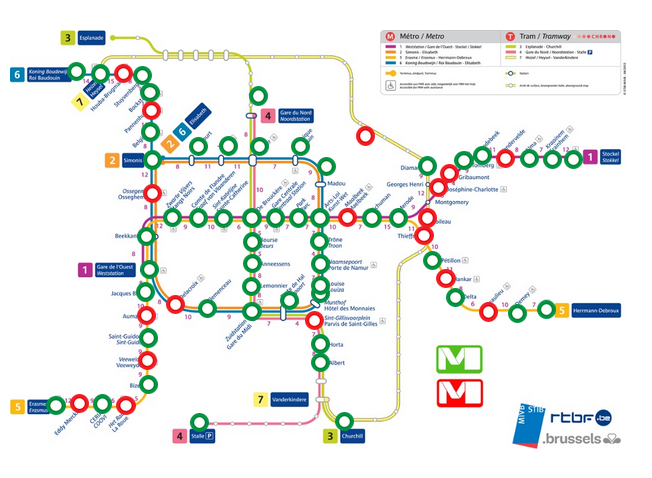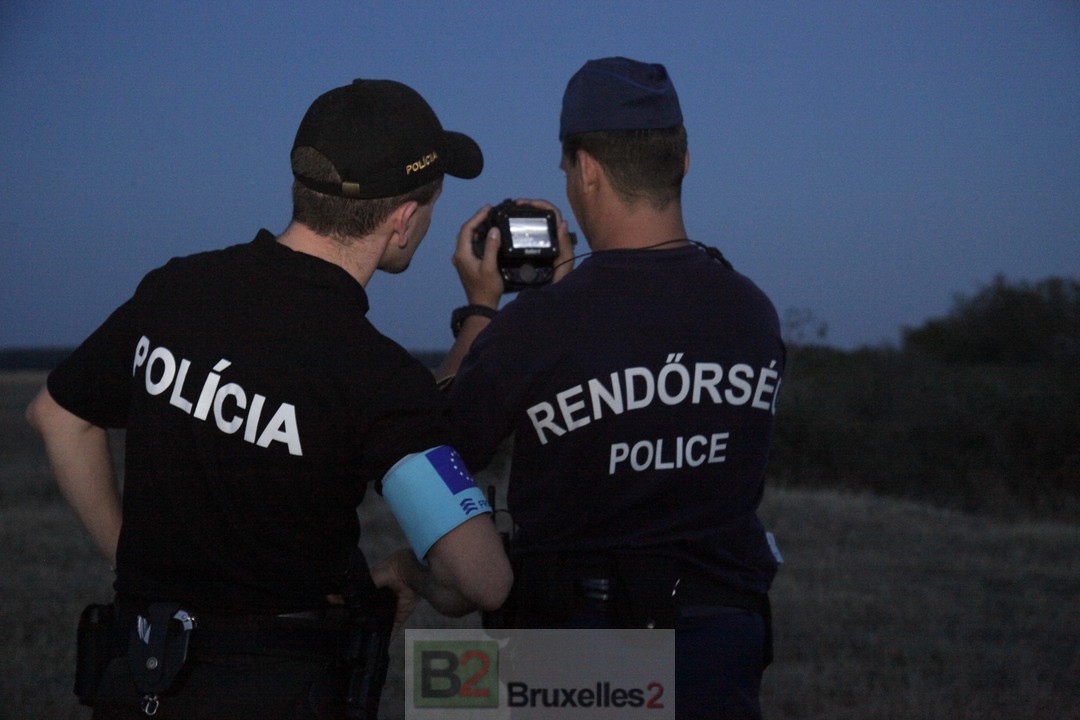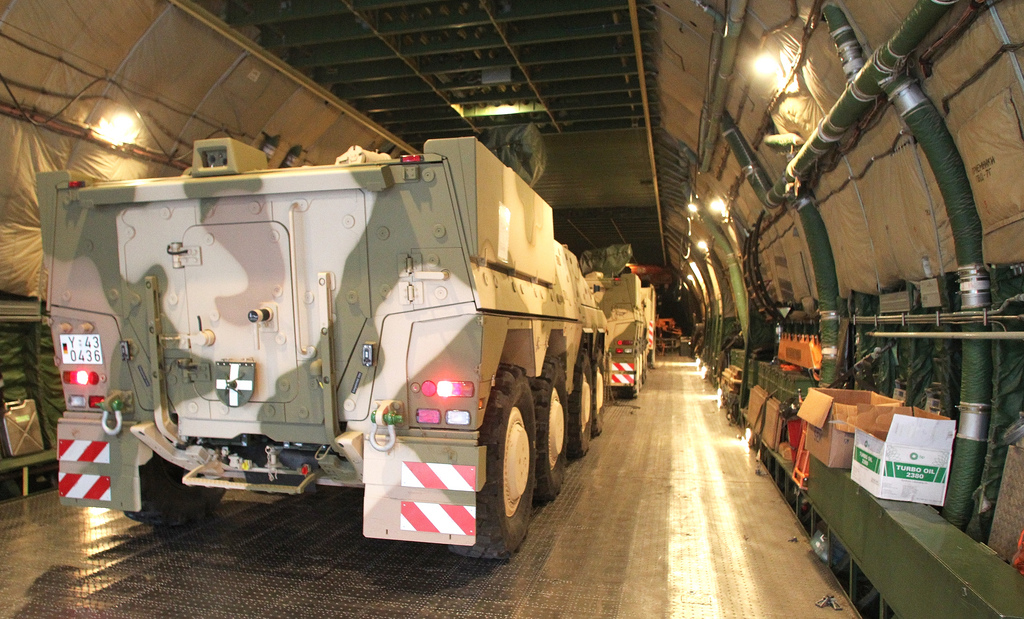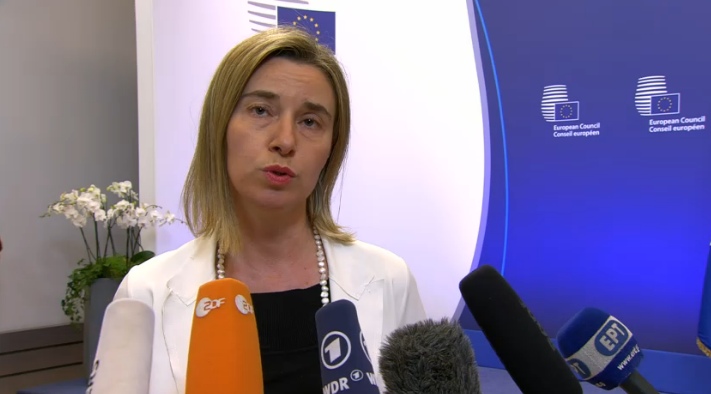Brussels attacks: should the metro be stopped? A theoretical question
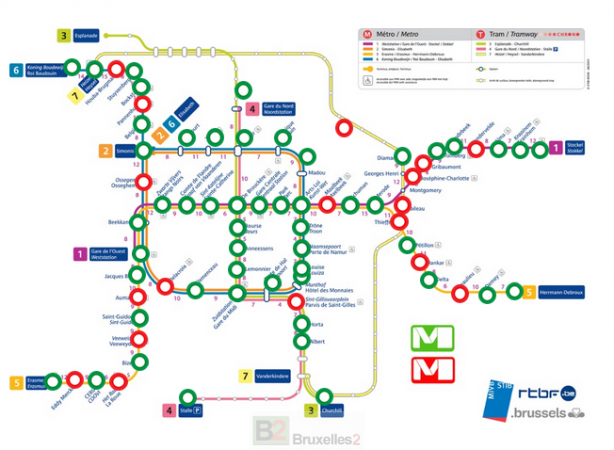
(BRUSSELS2) The question haunts Belgian politicians, transport officials and... the Belgian media. After the first attack in Zaventem on March 22, should the metro be stopped? Could some lives have been saved? Asked afterwards when you know what happened next, it's quite easy...
Why close the metro?
The right question is to know what we could and should do before (not after!). Why stop only the metro, and not the buses (which could just as easily have been a target as in London in July 2005) or the trains (as in Madrid in March 2004 or in the Thalys in August 2015), or even close all shopping centers (potential targets of attacks) or cafes (cf. Paris Bataclan attacks), etc. Remaking history afterwards is always easy.
Could the attack and other victims be avoided: not sure
Assuming that a decision could have been taken, in a short period of time (before the attack), the time to take the decision, to give the order, that this be passed on, executed, to carry out the evacuations, to to proceed with the deployment of all the police officers in all the zones... even with perfect efficiency, it would take several tens of minutes. This left plenty of time for the perpetrators of the attack, determined to die, to find another way to do damage. Certainly the Maelbeek metro would not have been targeted. But it would have been elsewhere: a bomb in the evacuation line, in a crowd formed in front of the closed stations, etc. In other words, if the victims would not have been the same, the very question of avoiding the attack is completely random. The balance sheet would perhaps have been lower but perhaps also ... higher. Imagine an explosion in a long crowded staircase, in the stations preceding Maelbeek, at Schuman or Mérode...
The reality: a moment of crisis = a moment of panic
The reality seems to be above all that, in the crisis management room, after the Zaventem attack, with the help of the saturation of the telephone lines, the atmosphere was electric. According to a testimony received by B2, for long minutes, " it was a mess, orders were flying in all directions ". The officers present were Super-Parents ". The phone lines were saturated. A wave of panic reigned (which is not illogical given the intensity of the action). Some orders may have gotten lost en route. Nor is it certain that the government order was given in such a clear and imperative manner, as Interior Minister Jan Jambon claims.
(Nicolas Gros-Verheyde)
